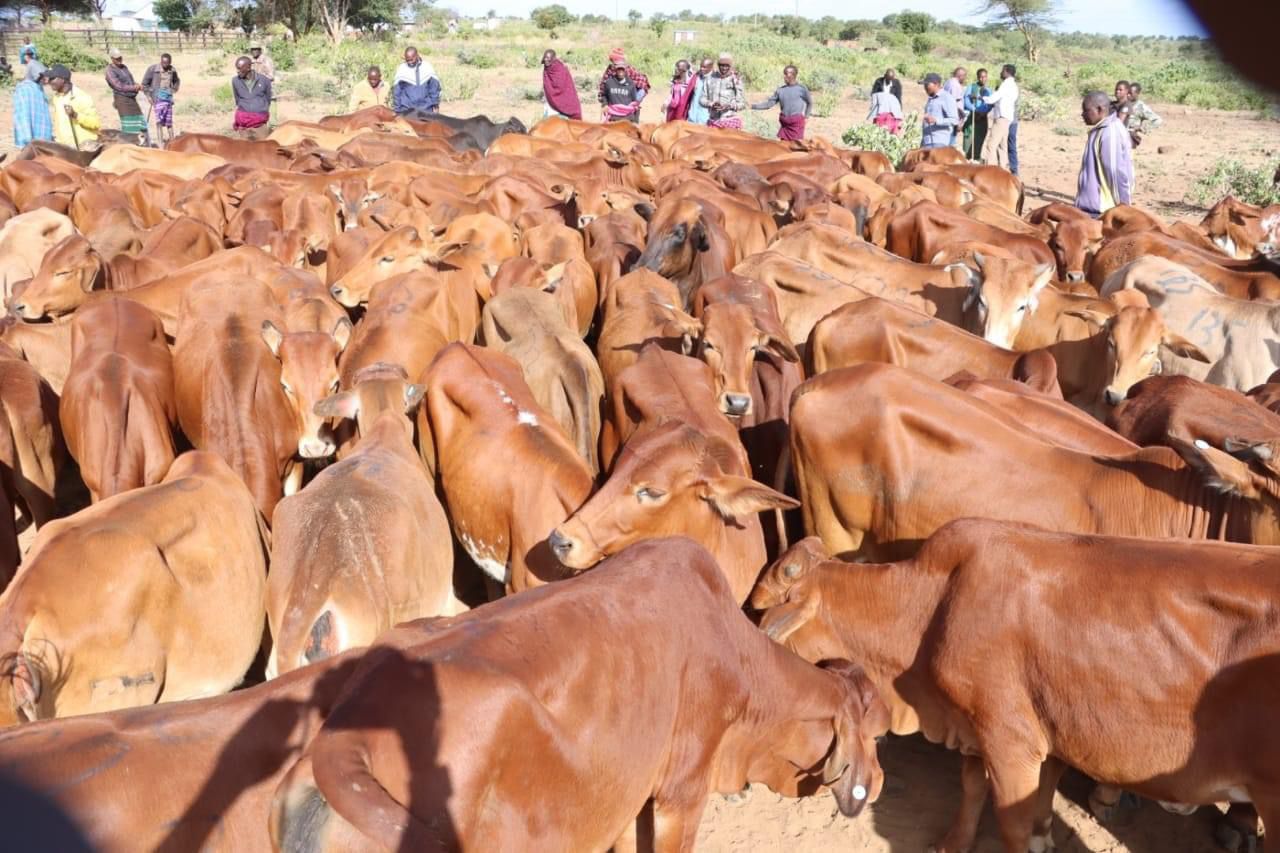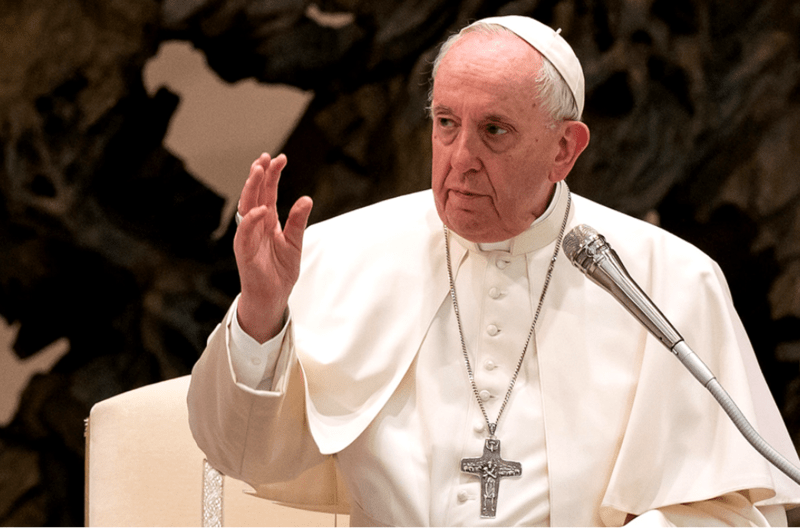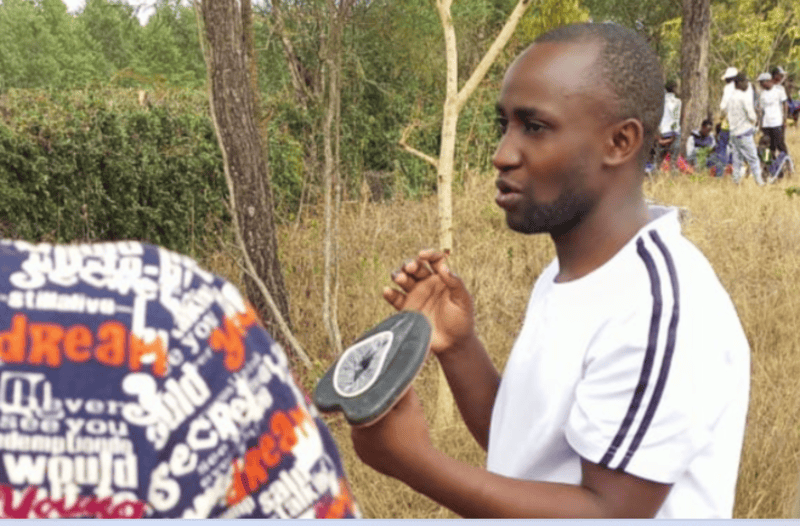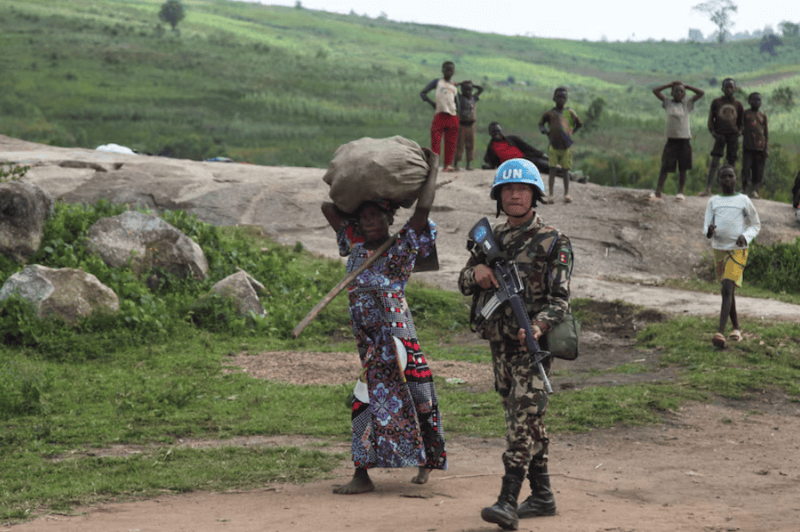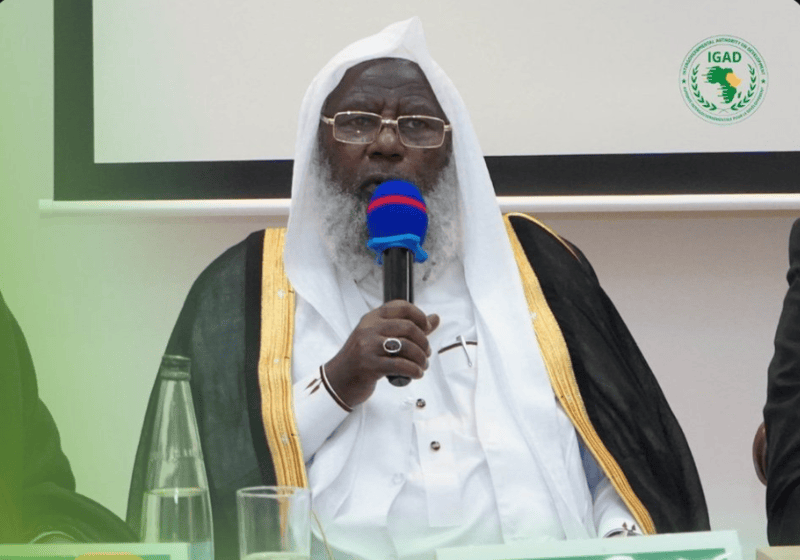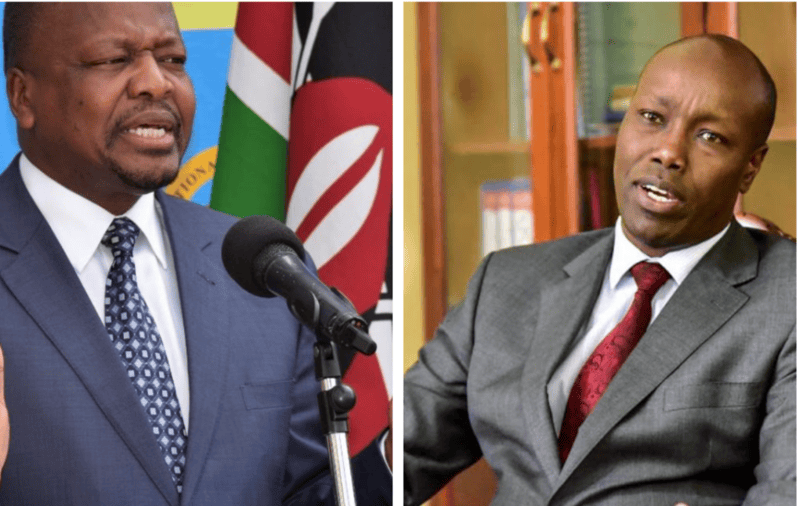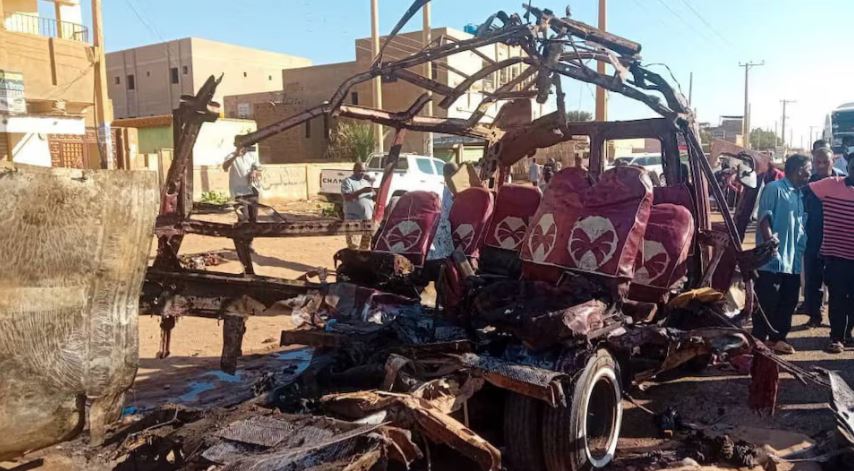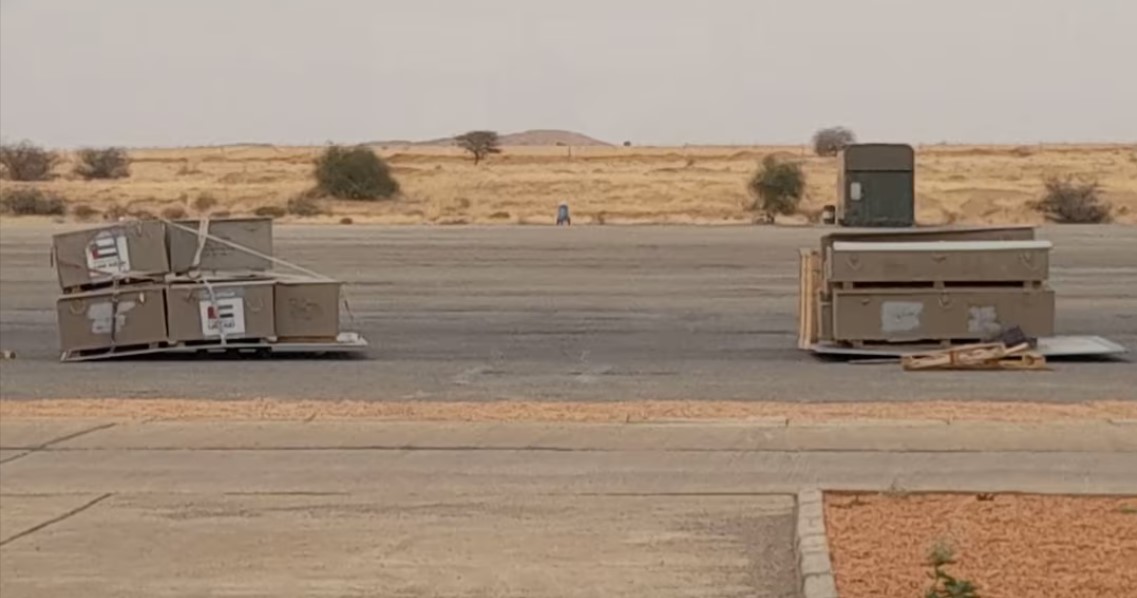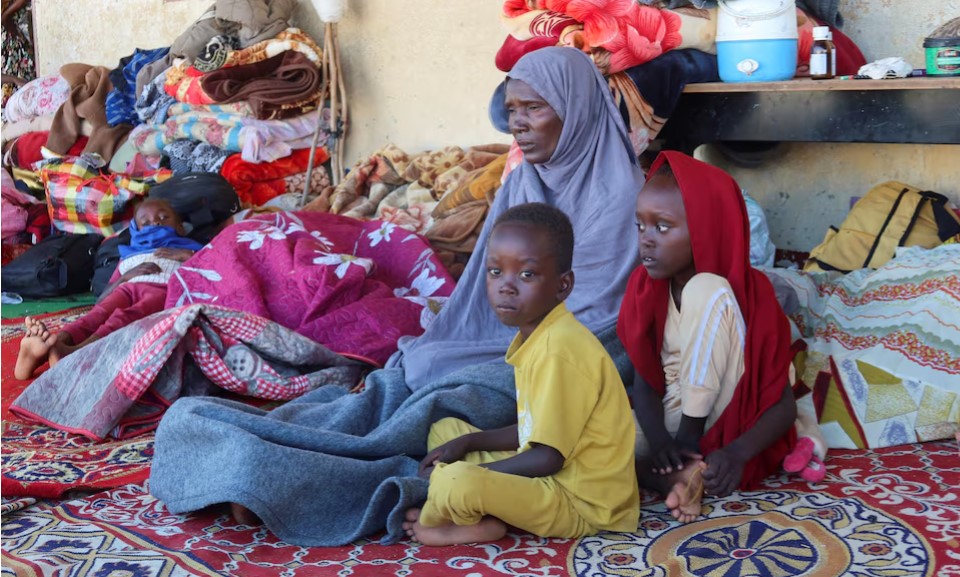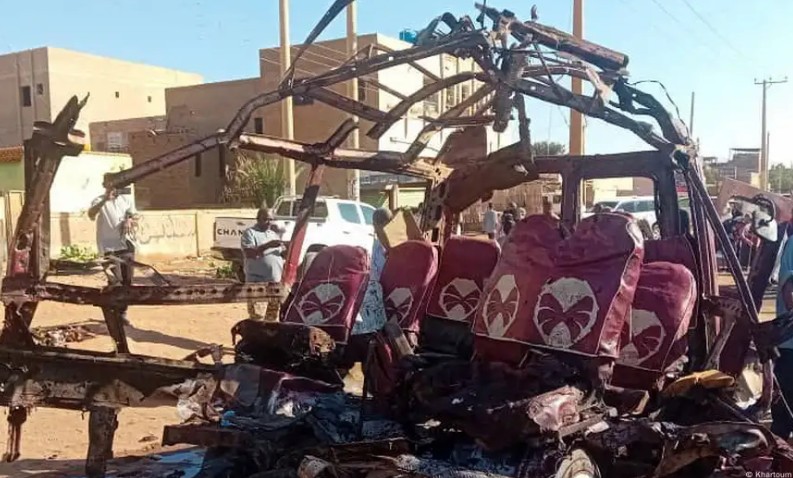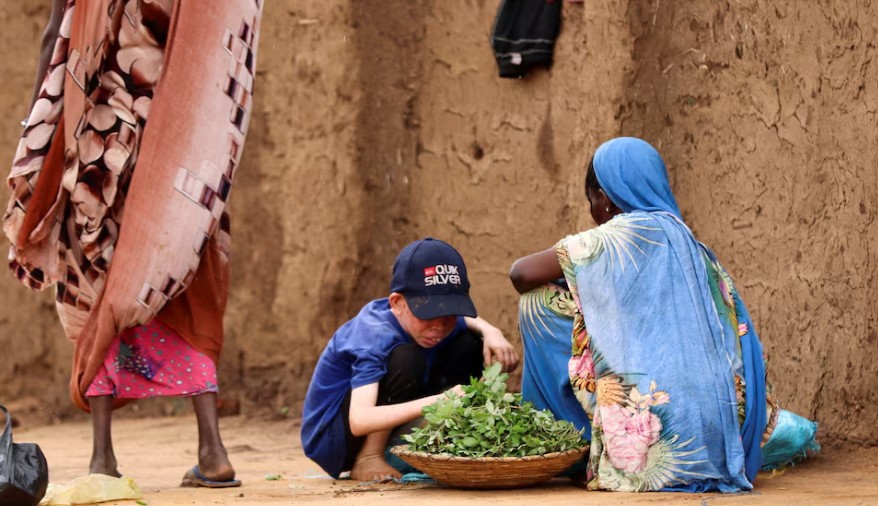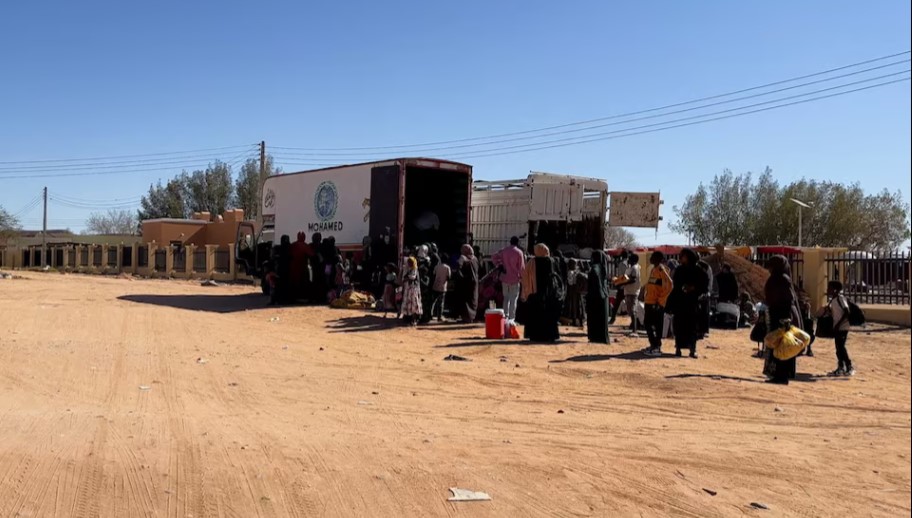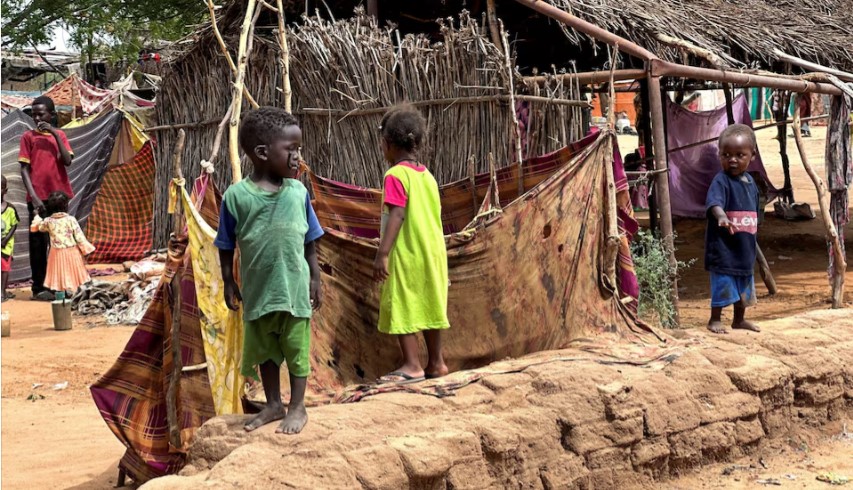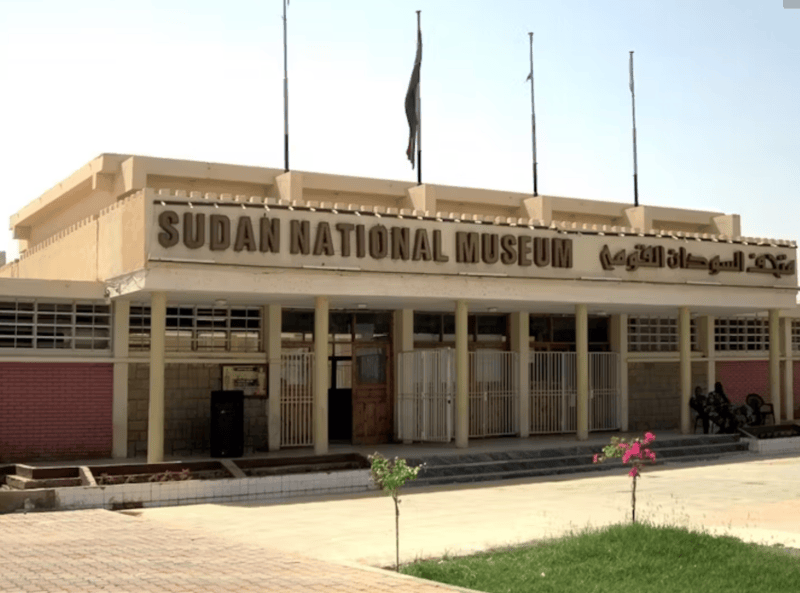Sudan faces world’s largest child displacement crisis as five million children endure atrocities
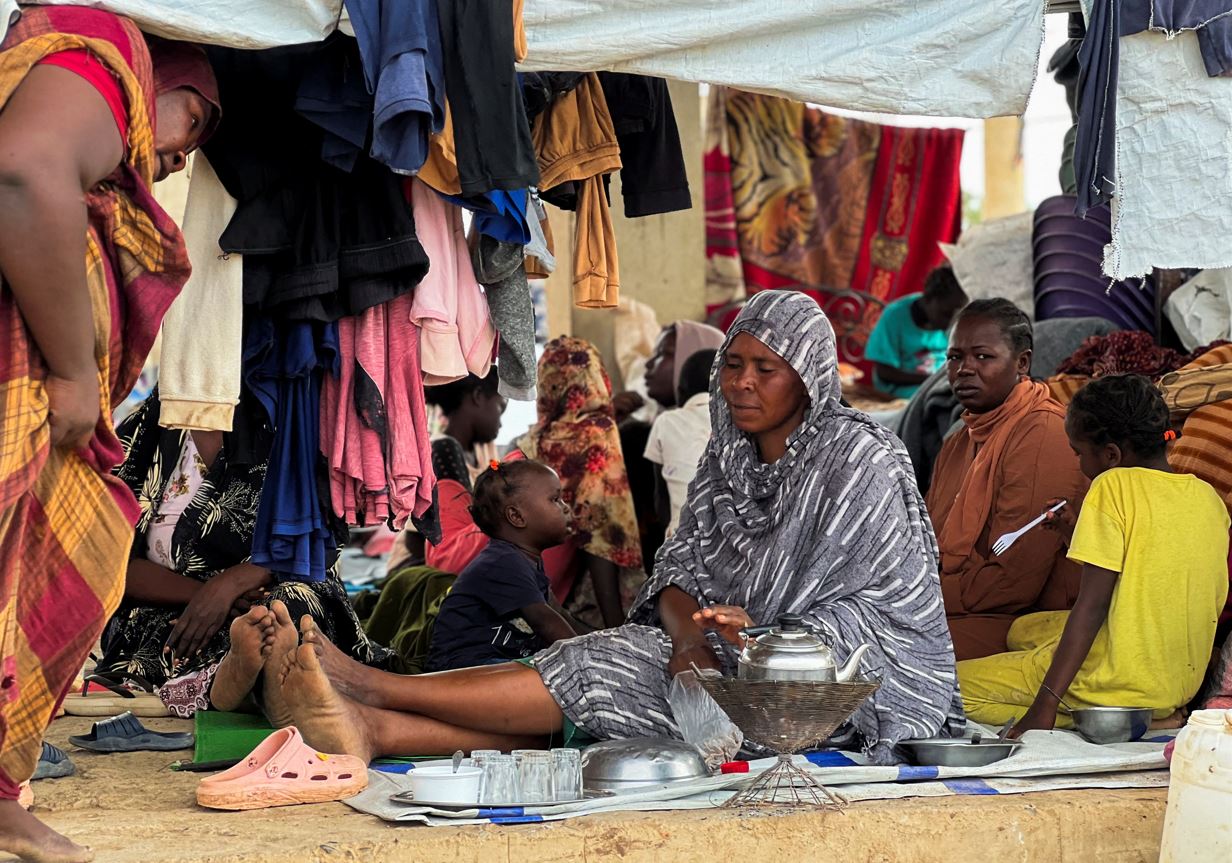
By Issa Hussein |
The report details the widespread killing and injury of thousands of children, an increase in sexual violence, and the recruitment of child soldiers, all exacerbated by the ongoing denial of access to humanitarian aid.
Sudan, now grappling with the world’s largest child displacement crisis affecting five million children, continues to witness rampant neglect and countless atrocities against its young population, with an alarming average of 10,000 boys and girls displaced daily.
A report released today by James Eldar, UNICEF’s spokesperson, highlights the dire situation of children in Sudan. The report details the widespread killing and injury of thousands of children, an increase in sexual violence, and the recruitment of child soldiers, all exacerbated by the ongoing denial of access to humanitarian aid.
Keep reading
- More than 700 killed in siege of Sudan's al-Fashir, UN rights chief says
- Sudan's RSF fighters say they plan to work with a new government, raising partition fears
- UN envoy prepares for Sudan peace talks in Geneva to address civilian protection
- IGAD boss Workneh Gebeyehu calls for collective action to alleviate suffering in Sudan
"On Saturday morning, a local boys' football team was playing at a UNICEF Child-Friendly Space in Khartoum State when a shell hit the field. Two boys were killed, and nearly the entire team was injured. I met these children both in the hospital and at the Child-Friendly Space. They are distraught," Eldar said.
"Yesterday, I spoke to a senior medical worker who provided insight into the magnitude of sexual violence during this war. She had direct contact with hundreds of women and girls, some as young as eight, who have been raped. Many were held captive for weeks. She also spoke of a distressing number of babies, born after rape, who are now being abandoned," he added.
Eldar emphasised the looming threat of famine in Sudan, which he warned could devastate the country’s children without urgent intervention and the removal of barriers, particularly those at cross-border and crossline points.
"We must be very clear: without safe and unimpeded access, and the removal of barriers, particularly cross-border and crossline, this month’s determination of famine in one part of Sudan risks spreading, leading to a catastrophic loss of children’s lives," he warned.
He added that beyond the worst-hit ZamZam camp, an additional 13 areas in Sudan are on the brink of famine. These areas are home to a staggering 143,000 children who are already suffering from the most lethal form of malnutrition.
Eldar further explained that while experts do not project exact mortality figures, the current situation necessitates immediate action. He urged governments with influence and donors to recognise that without intervention, tens of thousands of Sudanese children could die in the coming months.
"And that is by no means a worst-case scenario. Any disease outbreak will see mortality skyrocket. Disease is our greatest fear. If there is a measles outbreak, or if diarrhoea or respiratory infections spread—remembering that in current living conditions, with heavy rains and flooding, these diseases spread like wildfire—the terrifying outlook for children in Sudan dramatically worsens," he stated.
The spokesperson called for a massive scale-up in donor funding, respect for international humanitarian and human rights law, and safe access to all routes.
To date, Eldar claimed, UNICEF and its partners have reached five million children and families with safe drinking water, more than three million people with critical health supplies, and screened three million for malnutrition.
He also mentioned that ongoing interventions include lifesaving nutrition supplies and cross-border operations sufficient to treat 215,000 severely malnourished children.
Reader comments
Follow Us and Stay Connected!
We'd love for you to join our community and stay updated with our latest stories and updates. Follow us on our social media channels and be part of the conversation!
Let's stay connected and keep the dialogue going!

